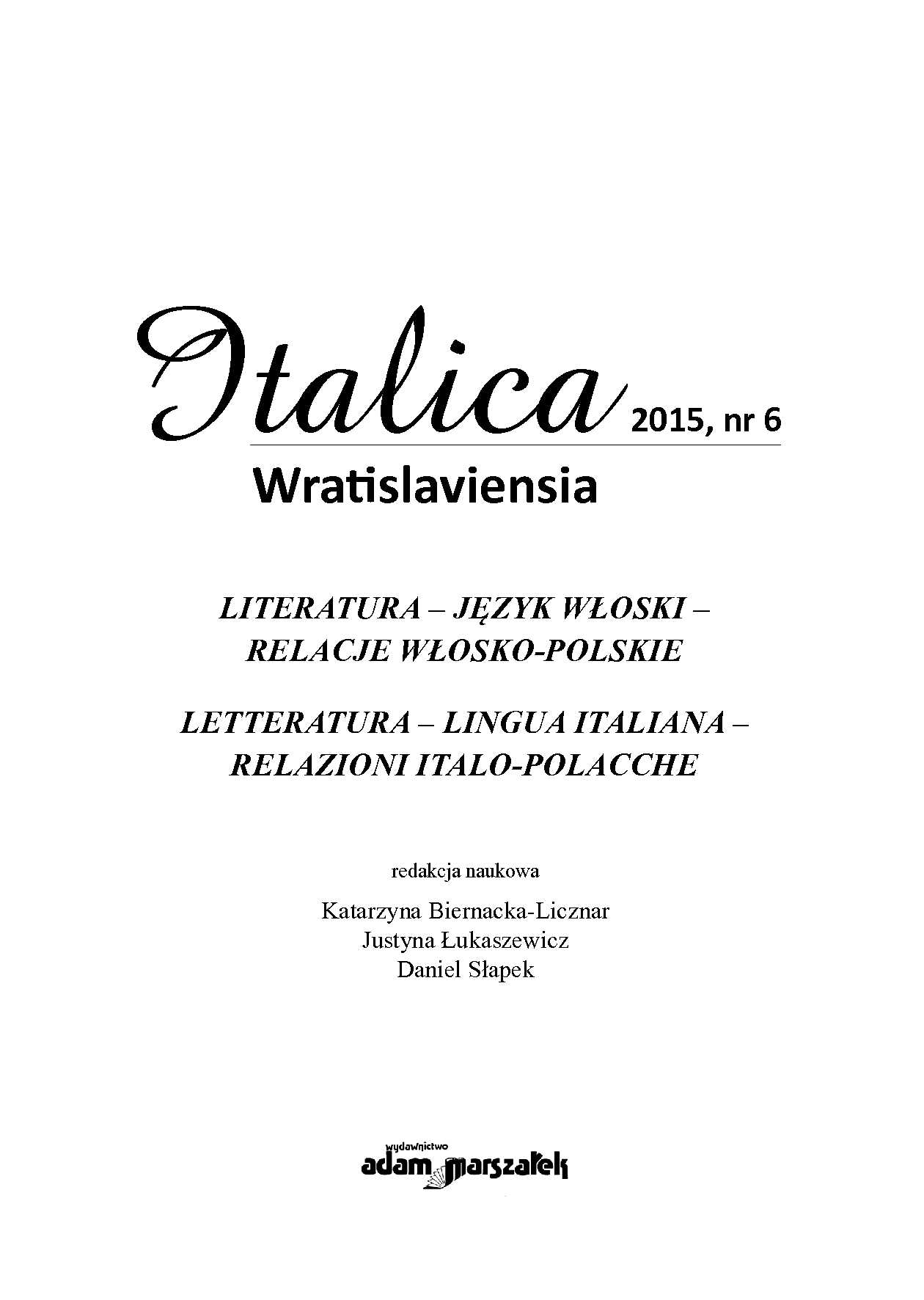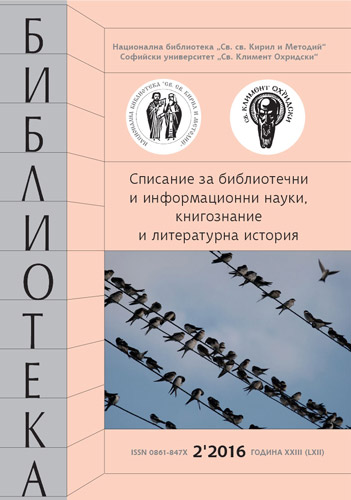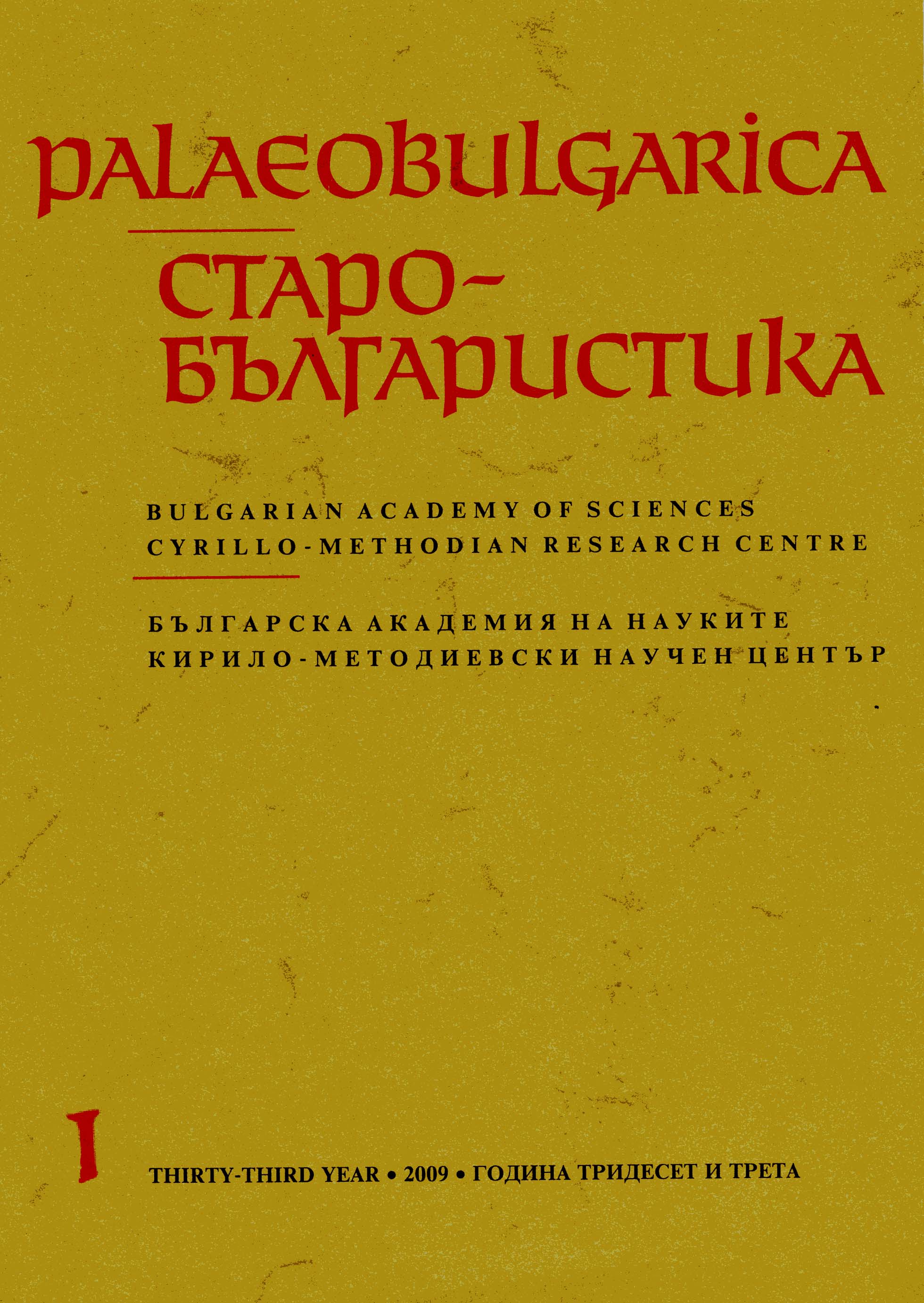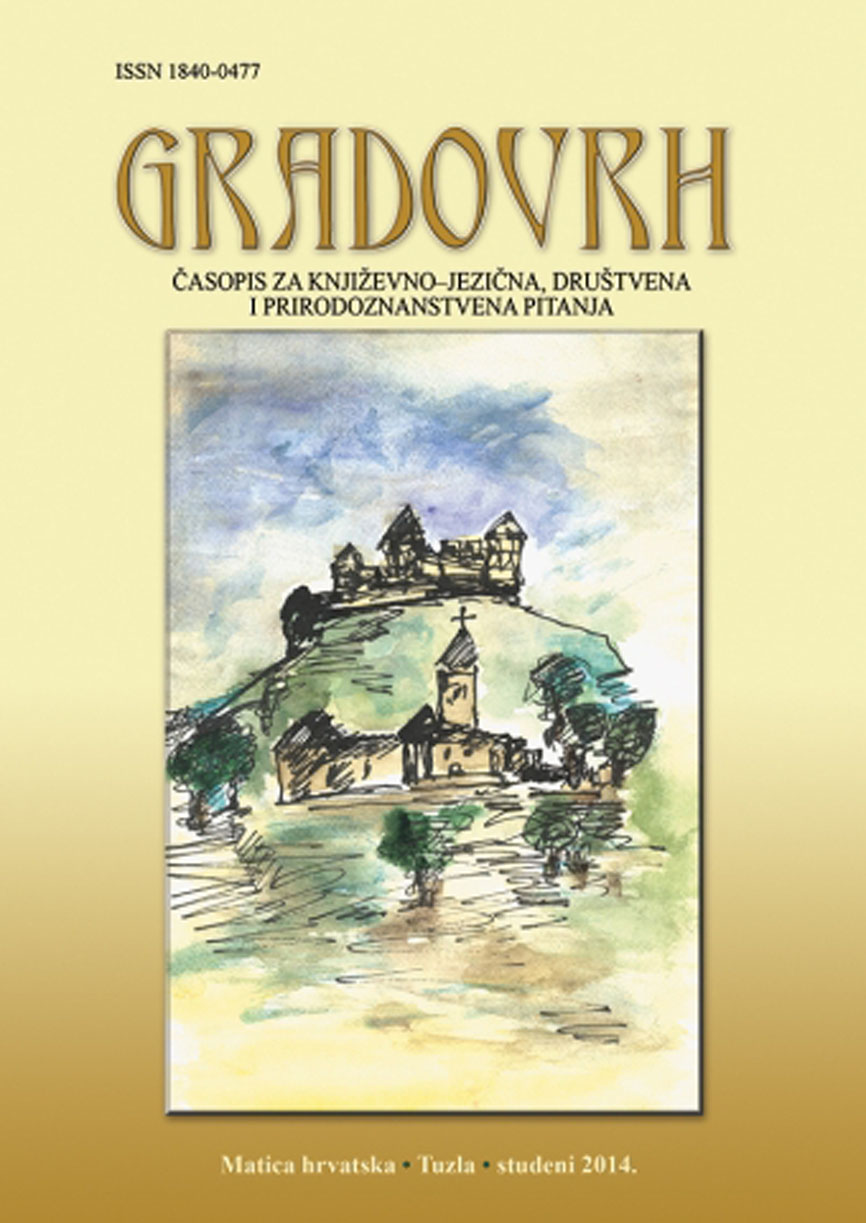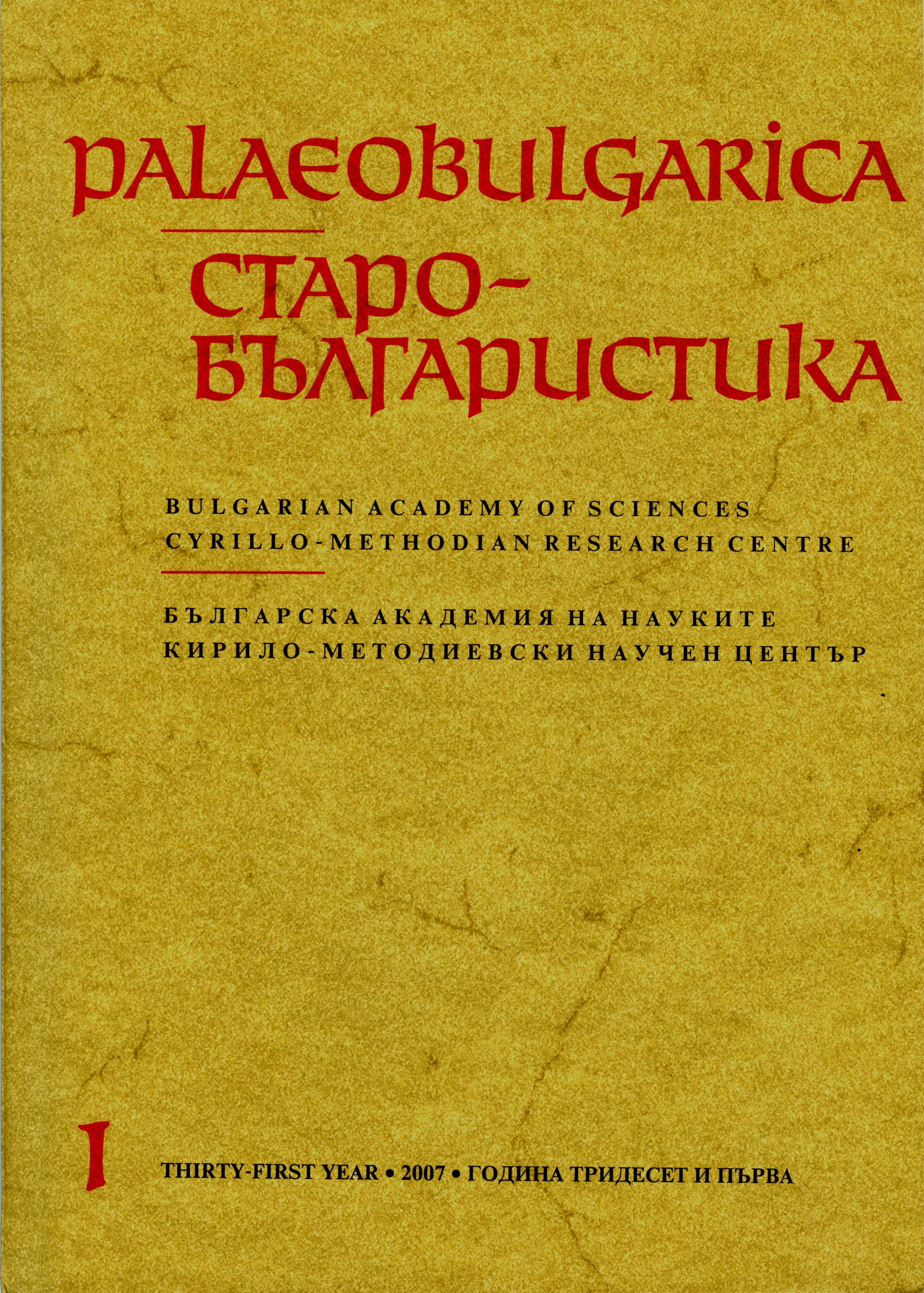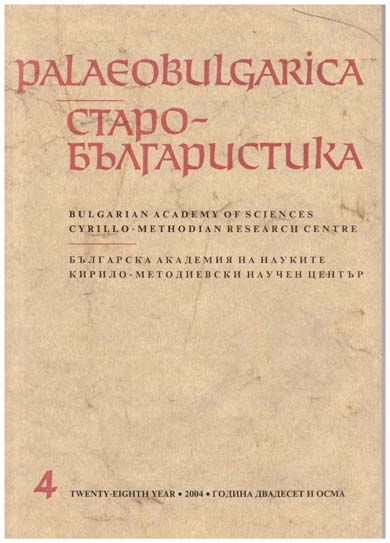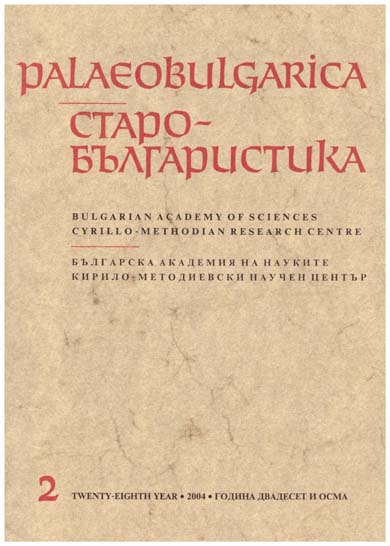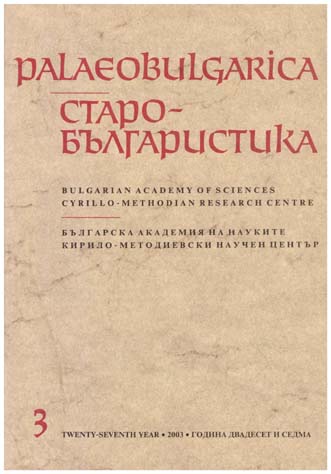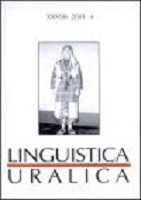
Prasamodijskaja leksika material'noj kul'tury
The article addresses the lexicon specific to Proto-Samoyed material culture, and its origin. In addition to the analysis of the available etymologies some new ones are also suggested. As for its origin, the relevant wordstock can be divided into words of Proto-Uralic and Proto-Samoyed origins, loanwords from Proto-Tungus-Manchu, Proto-Turkic, Proto-Yeniseian, Middle Persian and Paleo-Asiatic languages, and a few words with unknown origin.
More...
